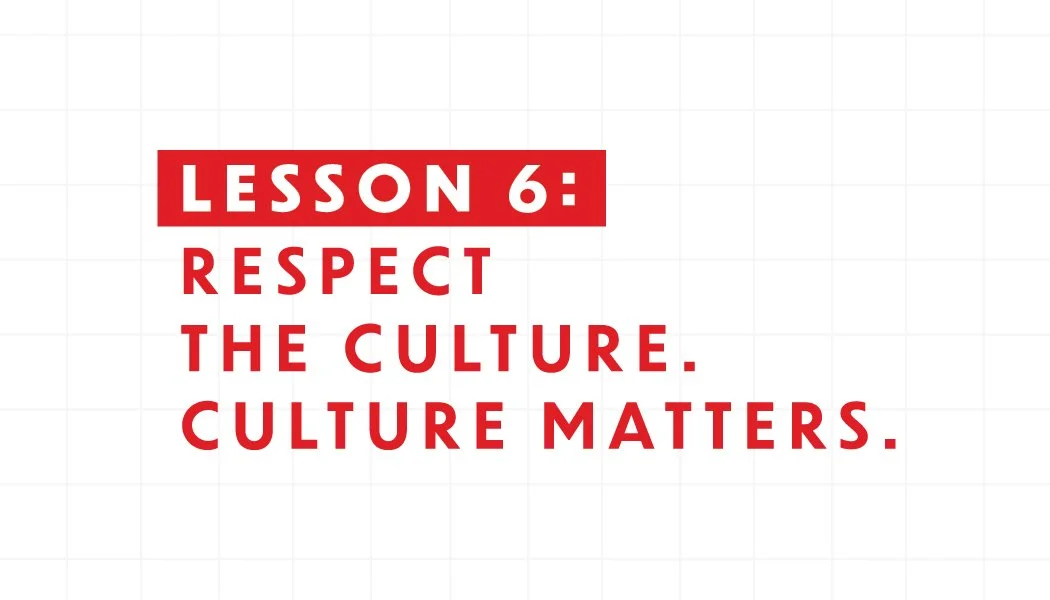RESPECT THE CULTURE. CULTURE MATTERS.
Every culture has its own traditions, beliefs and history. The challenge is to have sufficient insight and assistance to develop interventions that are not only acceptable to the culture but that also use the attributes of that culture. To ensure interventions are accurate and appropriate, seek the help of the group who will be affected by the program as well as the group that will implement the program. It is much more efficient than trying to correct design and delivery issues afterwards. Remember that we are not there to do something to the beneficiaries. Nor are we there to do something for them. We are there to do something with them.
PART 6.1
In the early 1960s, India accounted for nearly 60 percent of the reported smallpox cases in the world. The Indian government had launched the National Smallpox Eradication Program which focused on mass vaccination. By 1966, the Indian government reported approximately 60 million primary vaccinations. Mass vaccination campaigns had become part of the culture, and there was wide trust in this singular approach. However, the number of smallpox cases in India was increasing and India needed a new strategy. Mass vaccination was effective in reaching approximately 60% of the population but was not able to prevent new outbreaks in Bihar state. The surveillance and containment approach had been demonstrated to be effective in African countries and Brazil, and had been initiated throughout India. But there were some influential people in India who felt they had enough smallpox workers and that this new strategy was a foreign strategy. Leaders from CDC and WHO worked side-by-side with Indian leaders to implement the new surveillance and containment strategy, but it was not enough to bring about acceptance of the new approach. The Minister of Health of the state of Bihar felt political pressure to stop this new strategy and threatened to go back to mass vaccination.
FEATURING
Dr. Bill Foege, Senior Advisor, Bill & Melinda Gates Foundation
Dr. Susmita Parashar, Associate Professor, Emory University School of Medicine
PART 6.2
Story A
In Mozambique, there was local distrust of the health clinic. A woman did come into the health clinic to deliver her child but both she and the child died in childbirth. The doctor, Hans Rosling, felt terrible and worried that he would never regain the trust of the people in the surrounding villages. But he learned that it was important for him to return the bodies to the village for a proper burial as a sign of respect for the local culture.
Story B
In many cultures, women bear most of the responsibilities in a family. Women want to educate their children and enhance their well-being. They want a better life for their children and they want them to be able to escape poverty. But in many places around the world, women lack power and are limited in what they are able to do and the resources and jobs they can access.
FEATURING
Melinda French Gates, Co-chair of the Bill & Melinda Gates Foundation
Dr. Helene Gayle, President, Chicago Community Trust
PART 6.3
Gun violence research sought ways to prevent unnecessary gun deaths, disabilities, and anxiety. Many gun owners opposed research by the CDC on gun violence prevention because they believed that the goal of the research was to take their guns away. But the rise of mass school shootings led to a change in perspective because everyone was concerned about the safety of their children.
FEATURING
Dr. Mark Rosenberg, President Emeritus, The Task Force for Global Health
Respect the culture. Culture matters.
Treat people with respect and dignity. Let others know that you see them.
Seek first to understand.Seek to understand each other’s values, culture and traditions.
Culture shapes our relationships with others.
Consider how powerful forces and history have shaped societies.
When science goes up against culture, culture will always win.
Practice cultural awareness and cultural humility.
Most successful solutions are driven by the very people who live there.
Avoid the pitfall of thinking that the smartest people are those most like you. Working in another culture, you must work with people who reflect the culture and may be very different from you. Think back to Lesson 4 - Avoid Certainty - do not make the mistake of being certain that you fully understand the other culture.
LESSON 6:
THE BIG IDEAS
To learn more about this topic, refer to the additional resources below. For in-depth concepts, refer to the deeper dives. Click the glossary link to find key terms in this lesson.
Additional Resources
Paul Farmer, “Accompaniment as Policy,” in Paul Farmer, To Repair the World: Paul Farmer Speaks to the Next Generation, ed. Jonathan Weigel (Berkeley: University of California Press, 2013), 234
Identity and Agency in Cultural Worlds by Dorothy Holland, William S. Lachicotte, Jr., Debra Skinner, Carole Cain
'It was Really a Love Story'. How an NRA Ally Became a Gun Safety Advocate
LESSON 6:
Additional resources
THIS LESSON WAS MADE POSSIBLE BY THE FOLLOWING CONTRIBUTORS
Kate Adelung, Nina Alcacio, Michael Bartenfeld, Sarah Borgman, Amanda Brayman, Hannah Burris, Amy Carzo, Jeff Chertack, Prarthna Desai, Gabriel Diamond, Laura Dickinson, Veronica Garcia, Gates Notes, Eric Hansen, Lynn Heinisch, Mary Hilpertshauser, Bruce Lowry, Amy Mayberry, Nancy Messonnier, Ben Pyne, Sumon Ray, Svetlomir Slavchev, Joel Stanojevich, Emily Staub, Kelly Stewart, Anushka Swalef, Olympia Trumbower, Lisa Valente, Sarah Vernam, Bill Warren, Sean West, Lisa Wiley, and Sydney Yang
Images and Videos provided by: Bending the Arc, Bill & Melinda Gates Foundation, CARE, CDC Public Health Image Library, Emory University, Gavi, The Vaccine Alliance, Getty Images, MAP International, Personal collection of Dr. Mark Rosenberg, Personal Collection of Susmita Parashar, Shutterstock, The Carter Center, The Daily Show, Comedy Central, The Gates Notes, LLC, Tostan, UNICEF, and the World Health Organization
OUR FUNDERS
CONRAD N. HILTON FOUNDATION, CDC FOUNDATION, FORD FOUNDATION, GATES VENTURES, ROCKEFELLER FOUNDATION, SKOLL FOUNDATION, THE CARTER CENTER, THE TASK FORCE FOR GLOBAL HEALTH

